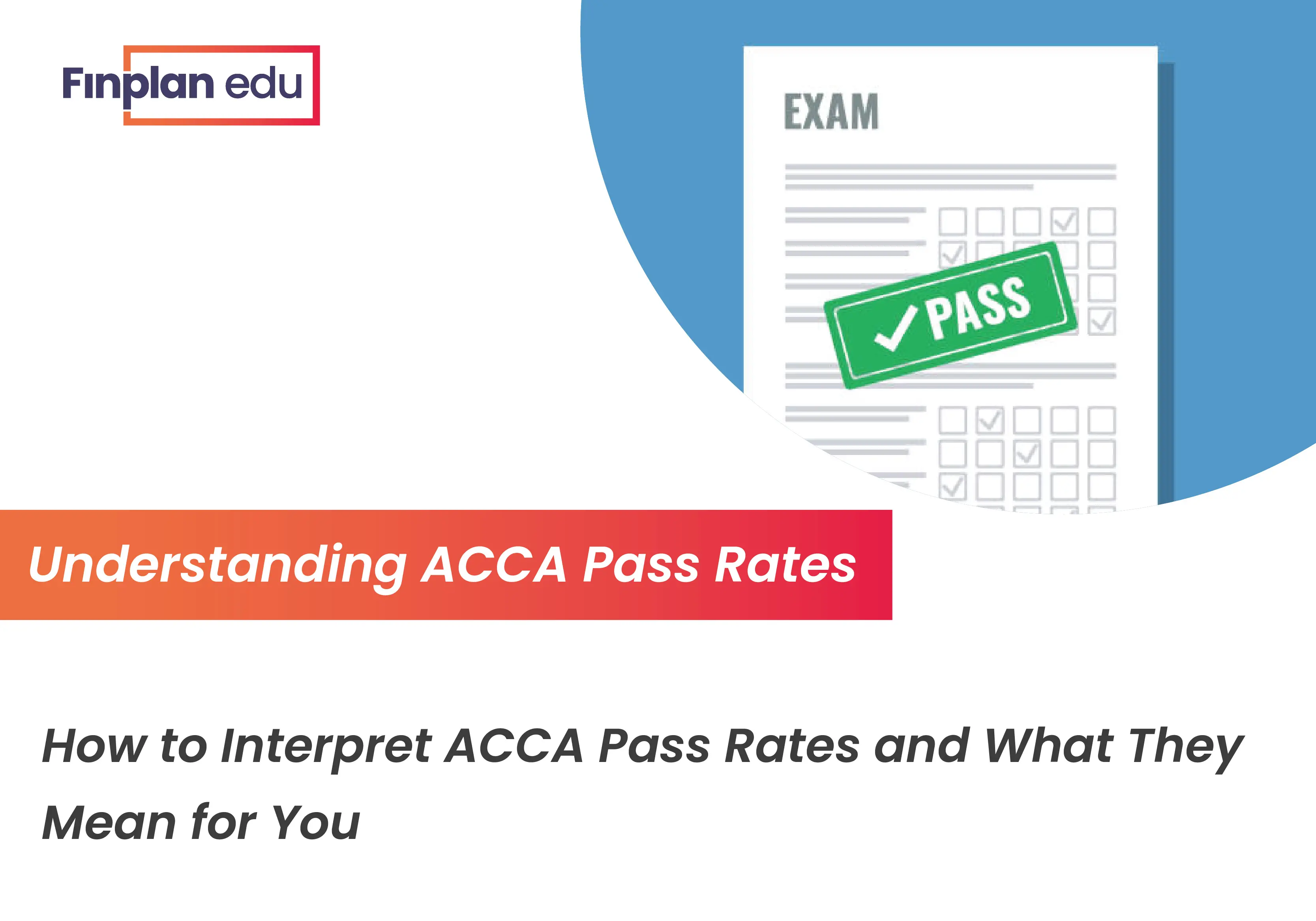Ready to start your ACCA journey? Join Finplan Edu—India’s Platinum Approved Learning Partner—and get expert mentoring, flexible learning options, and comprehensive exam support to help you succeed. Enquire today and take the first step toward your global accounting career!
The Association of Chartered Certified Accountants (ACCA) is one of the world's leading professional bodies for accountants. Established in 1904, ACCA's primary goal is to create skilled professionals equipped to navigate the complexities of global financial management. It provides a robust qualification that covers a wide range of financial and management principles, including auditing, taxation, financial reporting, and ethics. This comprehensive qualification ensures that those who hold the title of ACCA are highly regarded in the finance and business world.
An ACCA qualification is highly versatile and sought after because it provides the knowledge and skill sets required to work in various industries beyond finance, including consulting, entrepreneurship, and governmental roles. ACCA offers a pathway for those starting from entry-level finance roles to eventually reaching positions of significant authority, such as CFOs, finance directors, and partners in global audit firms.
Importance of ACCA Qualification in the Finance Industry
The ACCA qualification plays a critical role in shaping careers in the finance and accounting industries. Its importance can be understood through its global reach, broad syllabus, and the flexibility it offers professionals. Let’s break down why the ACCA qualification holds such high regard in finance:
-
Global Recognition: ACCA is recognized in over 180 countries, with a strong presence in Europe, Asia, and Africa. ACCA’s curriculum is designed with international standards, making its certification highly versatile for professionals aspiring to work across different geographical regions.
-
Comprehensive Curriculum: The ACCA qualification includes a wide range of topics such as financial management, risk management, auditing, corporate law, and ethics, among others. This holistic approach ensures that ACCA members possess both technical expertise and ethical decision-making skills.
-
Career Flexibility: ACCA-qualified individuals have opportunities in sectors like auditing, consulting, taxation, and financial management. These professionals can work across different industries, including banking, manufacturing, healthcare, public sectors, and non-profit organizations.
-
Prestigious Qualification: Holding an ACCA qualification is synonymous with excellence in financial reporting and management. Employers highly regard ACCA members for their thorough understanding of financial principles, ability to strategize business decisions, and technical expertise.



